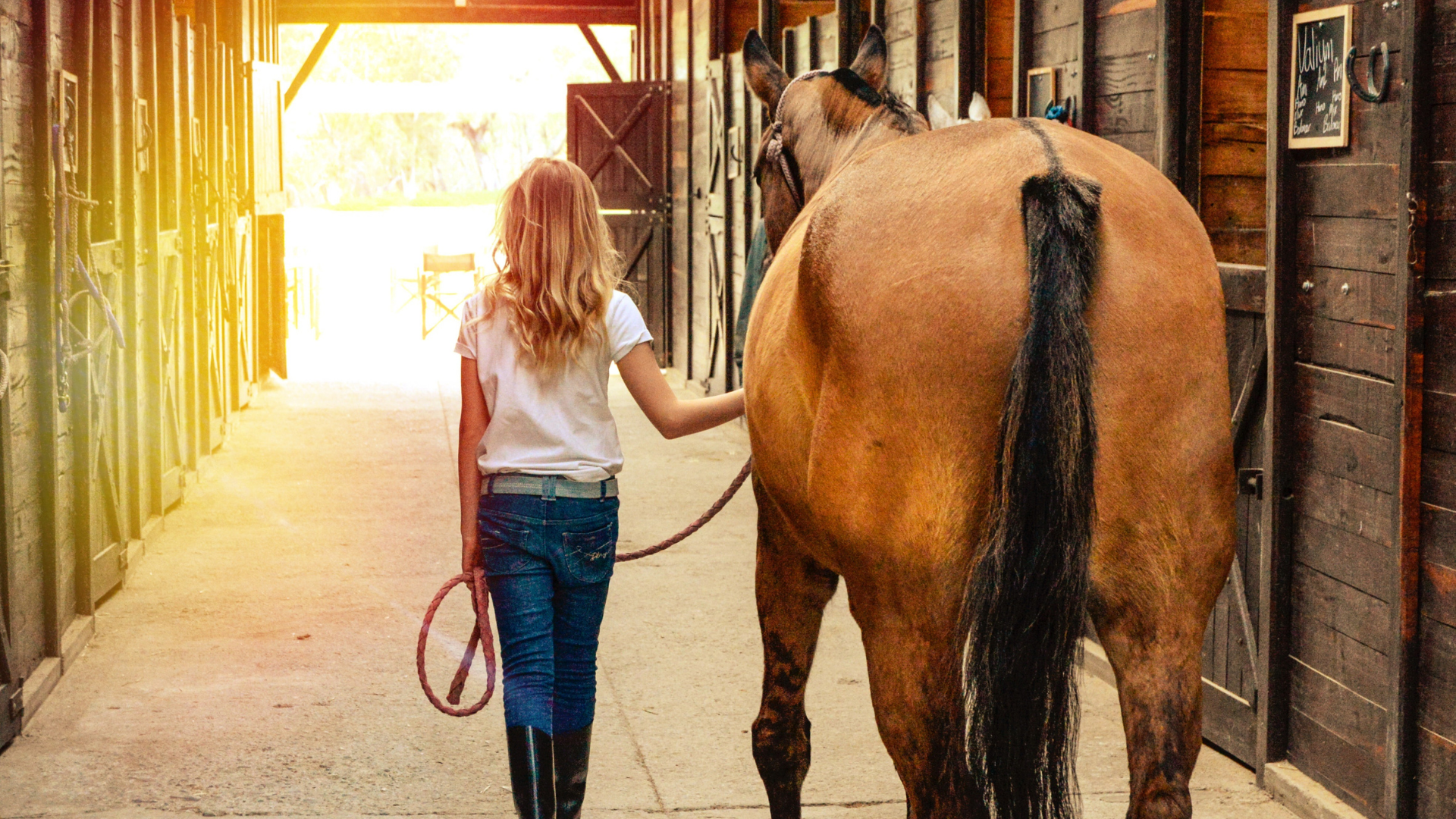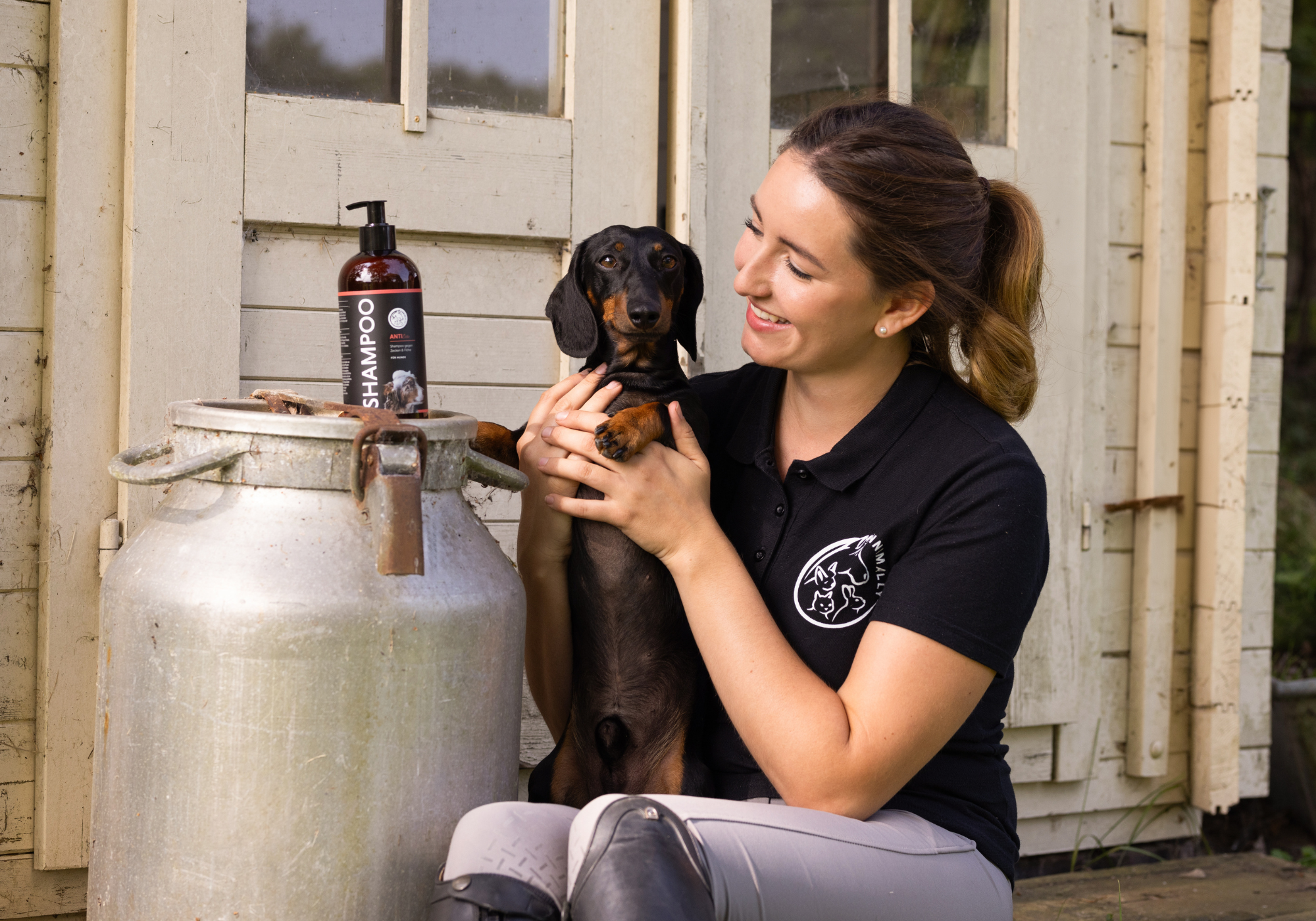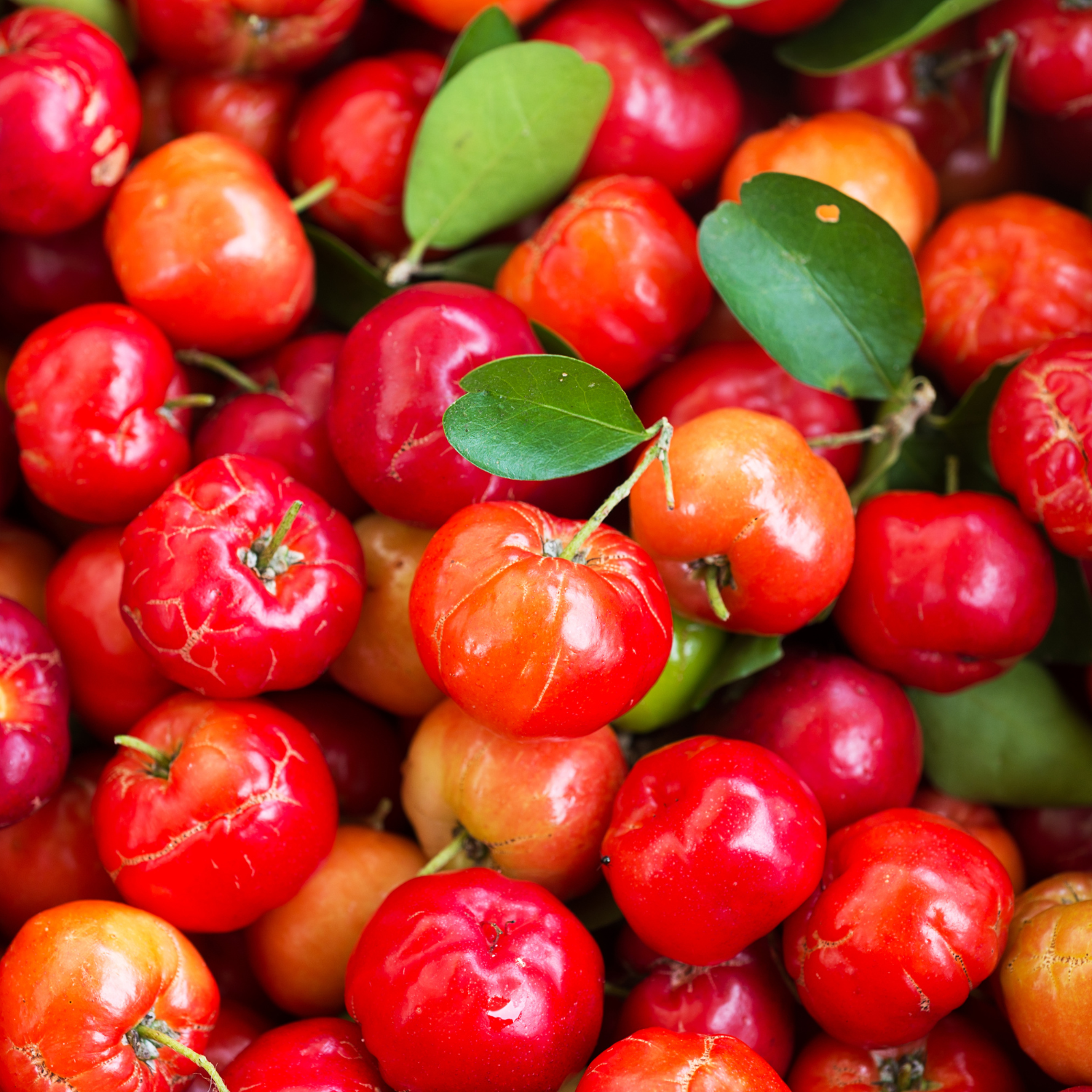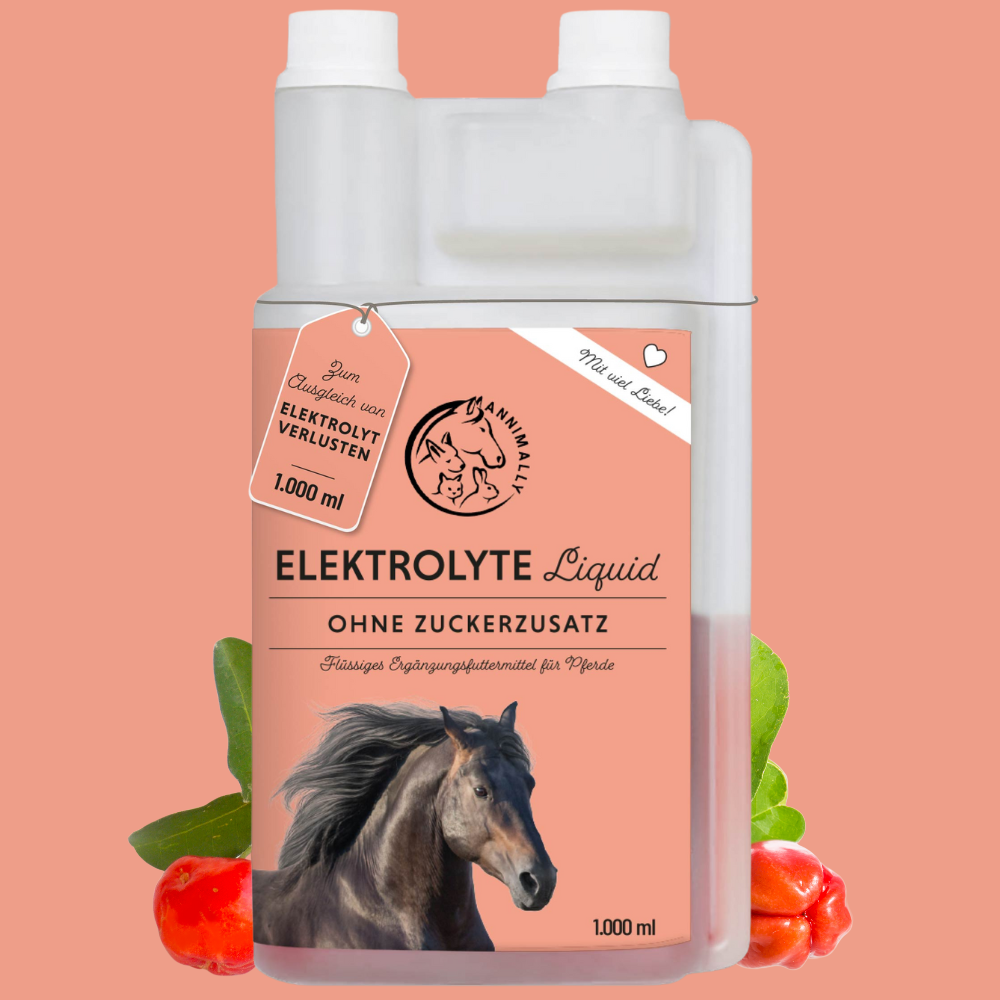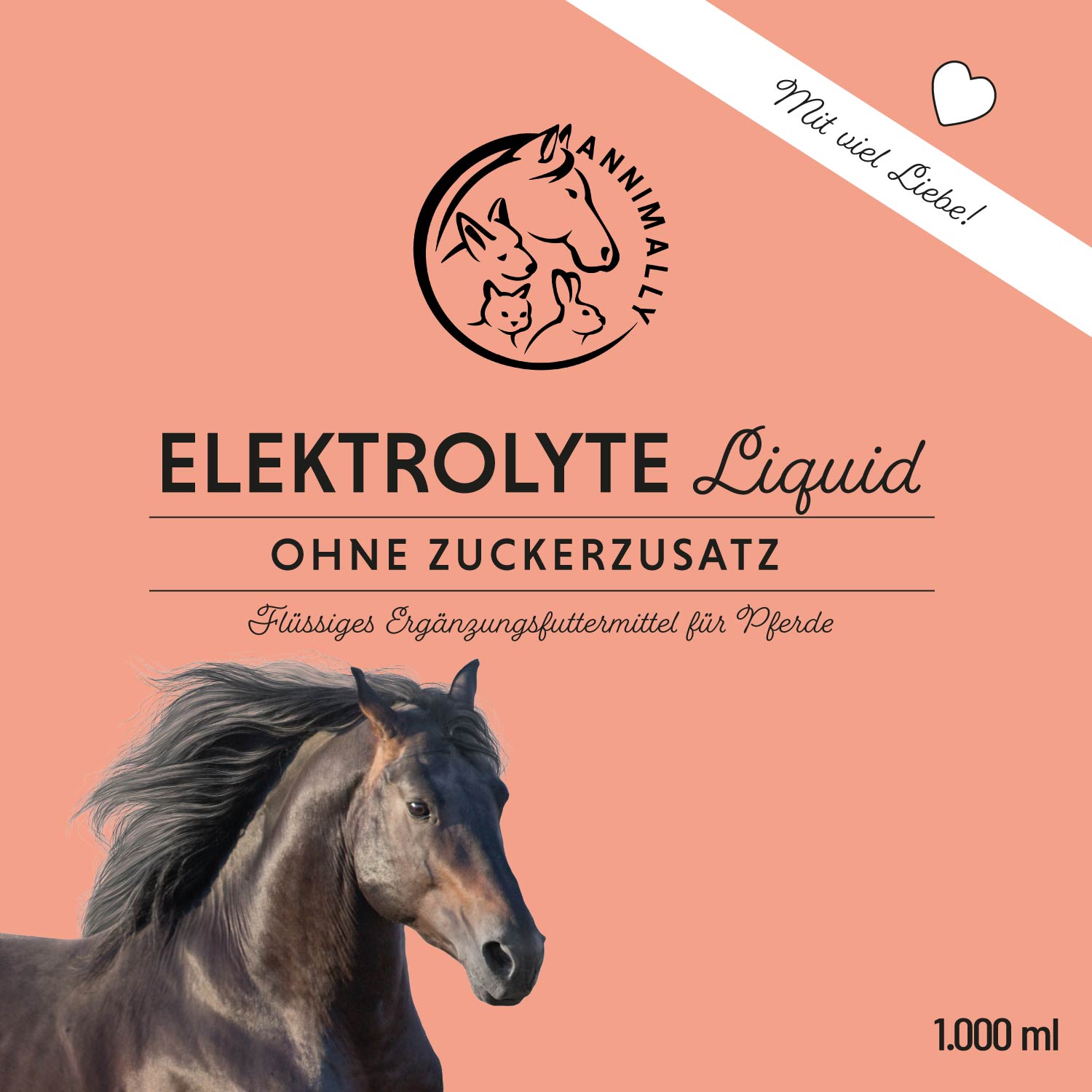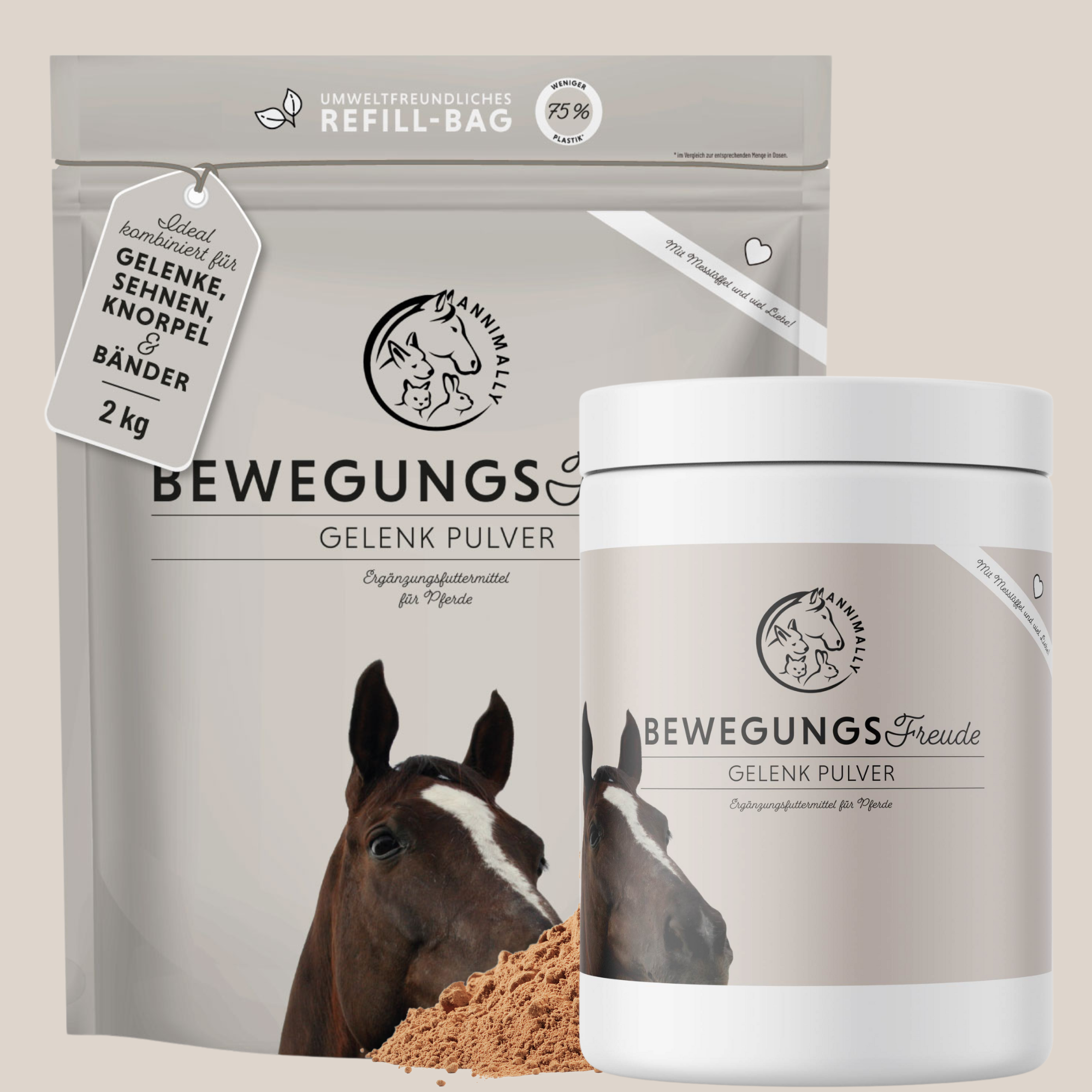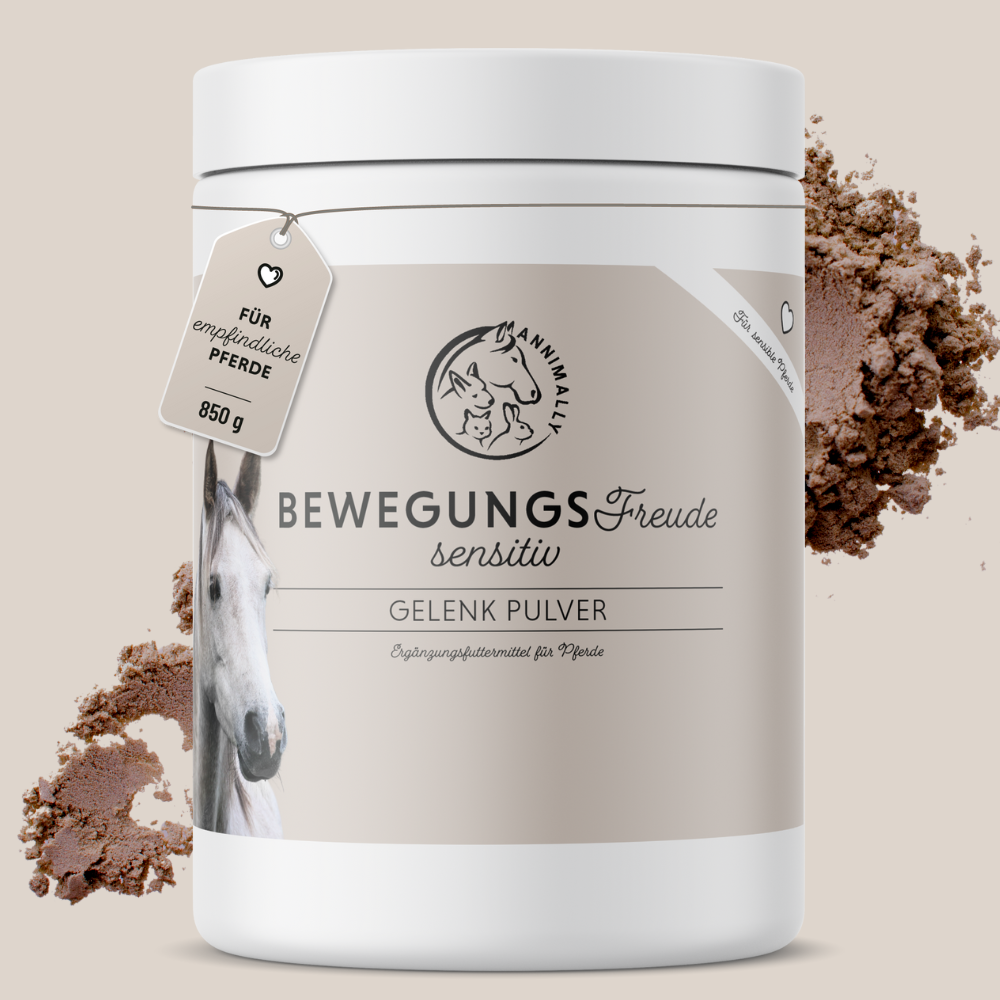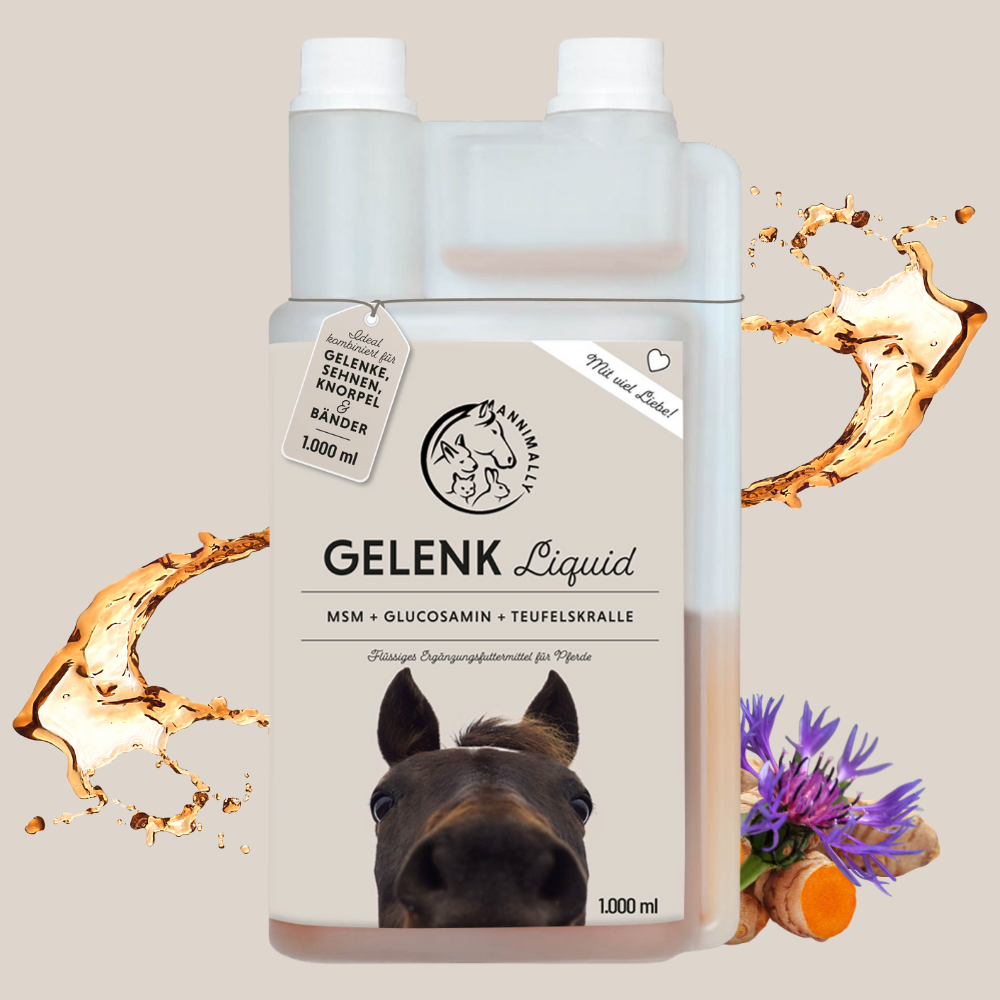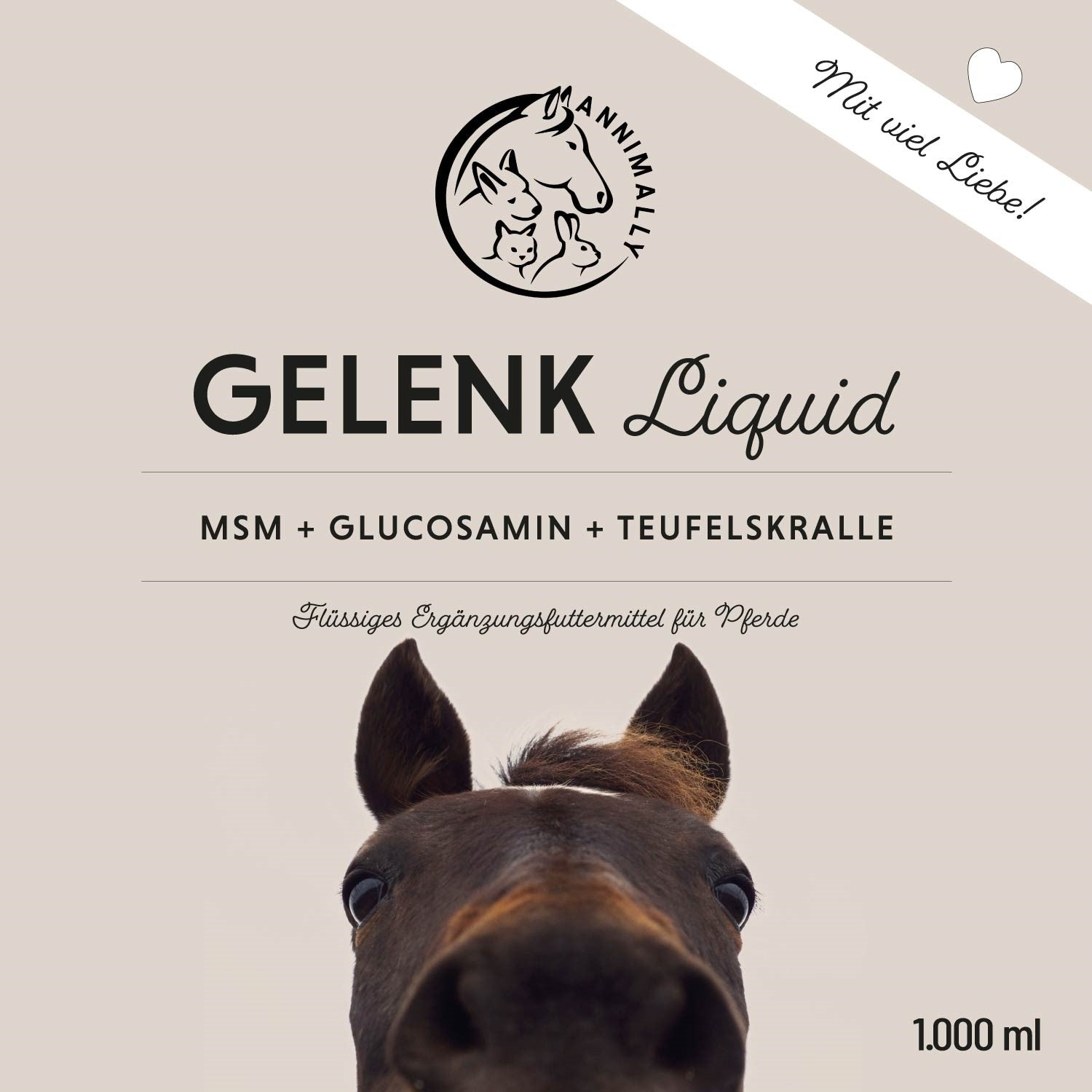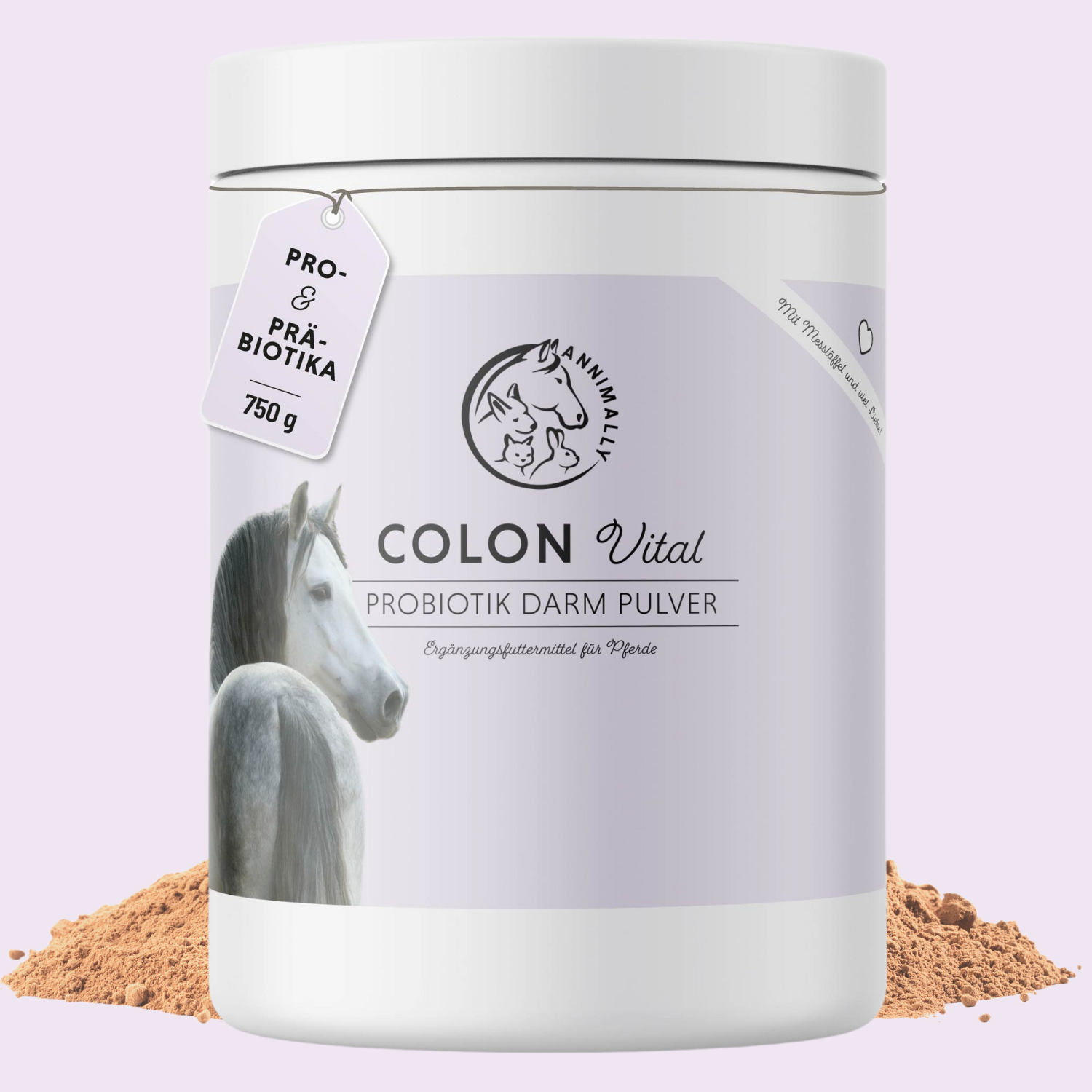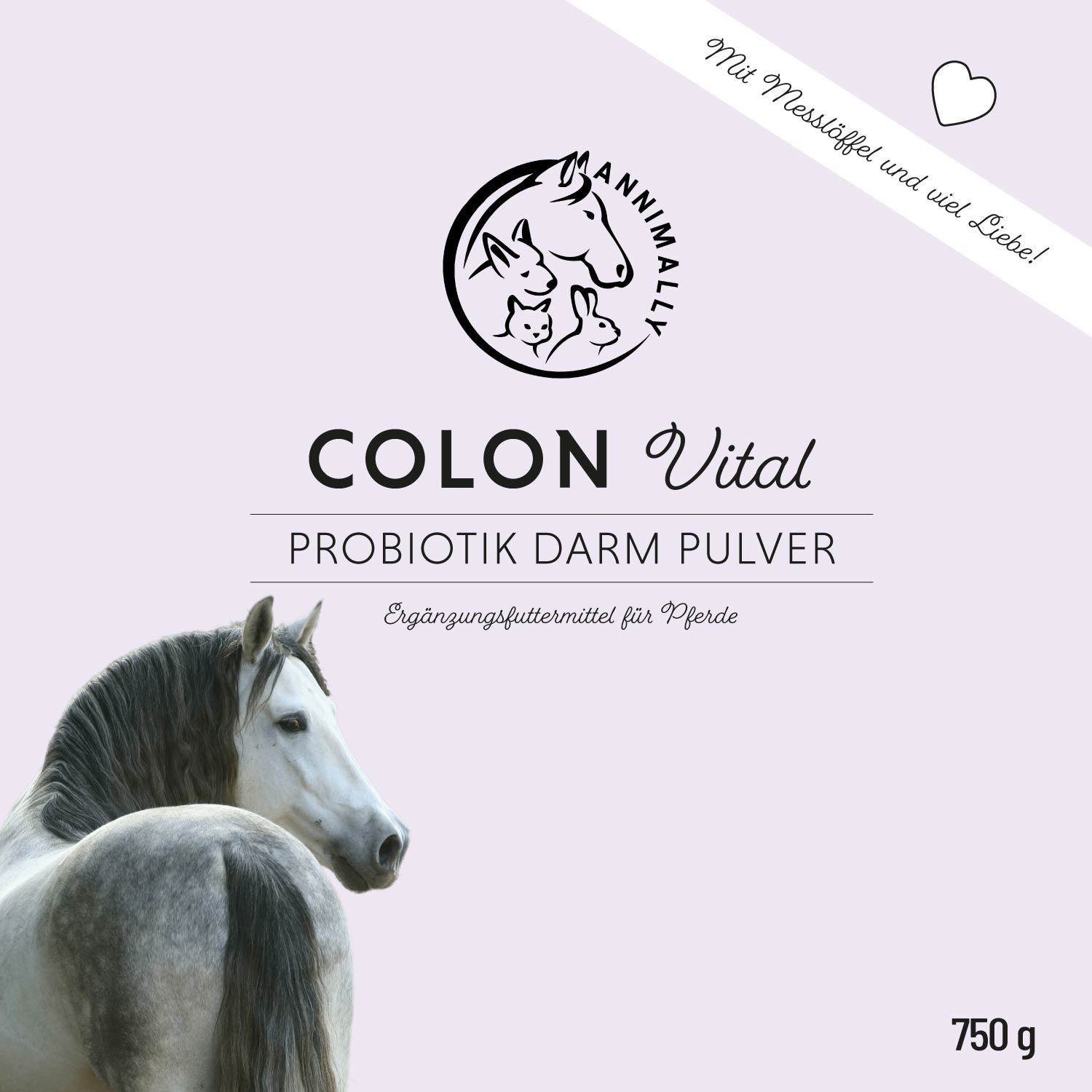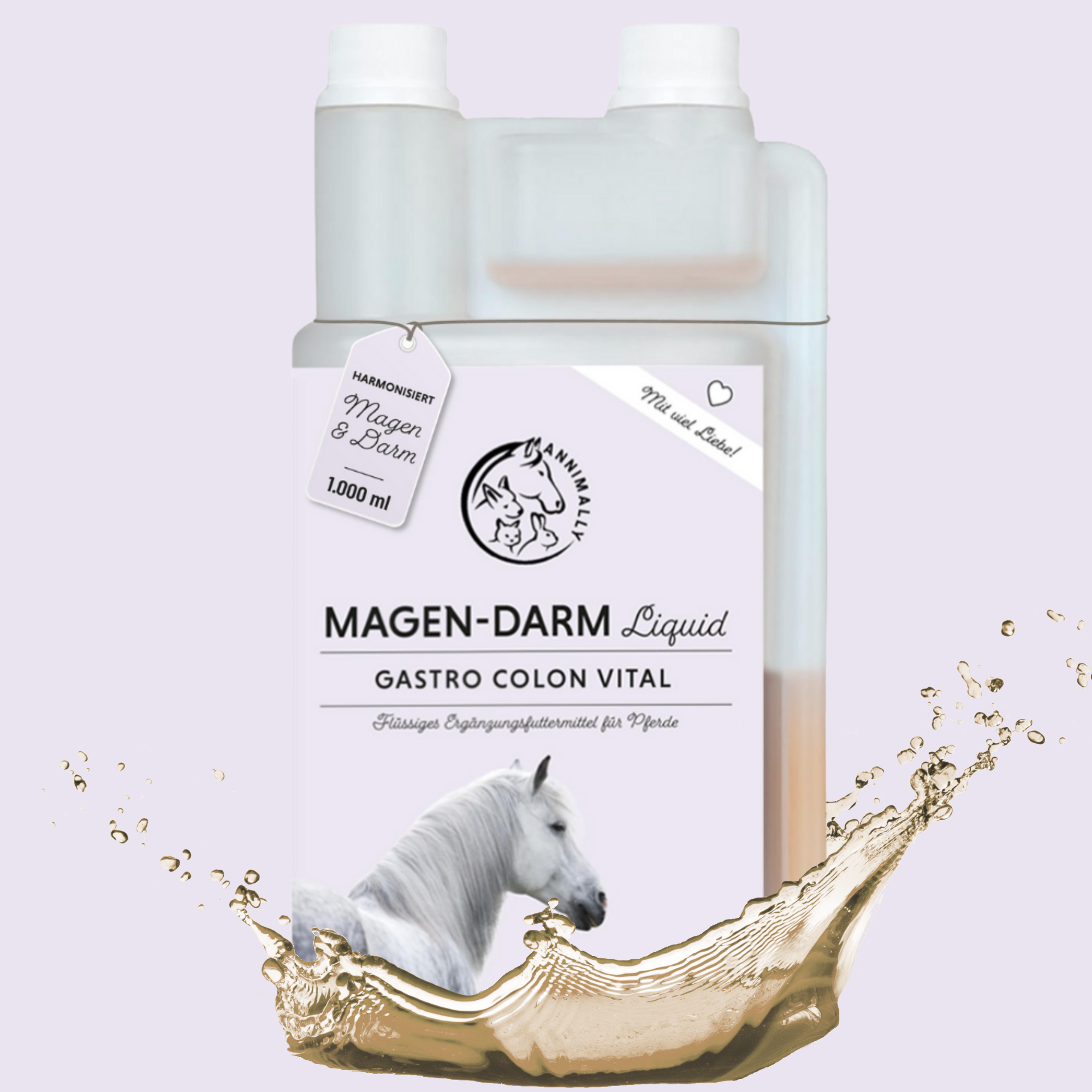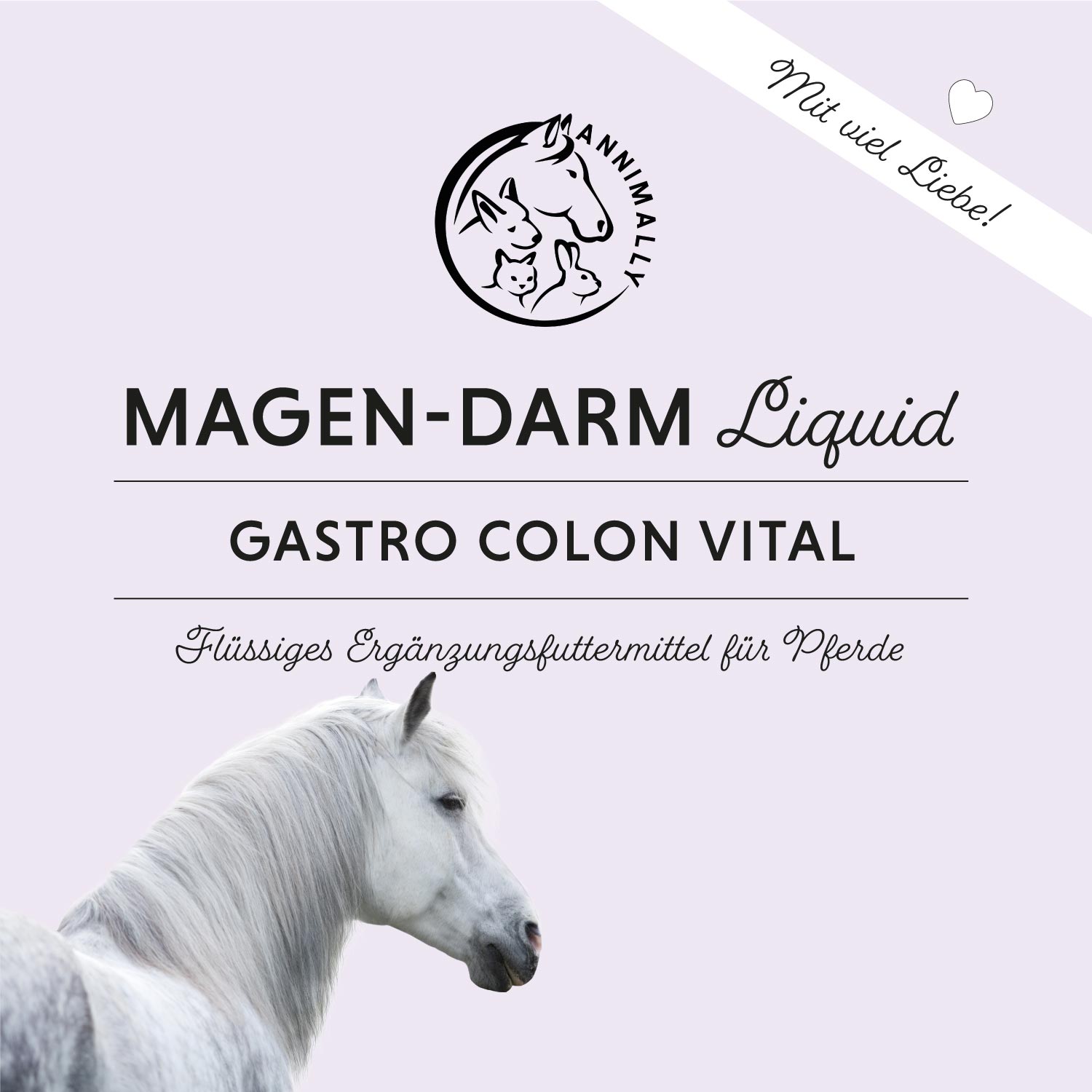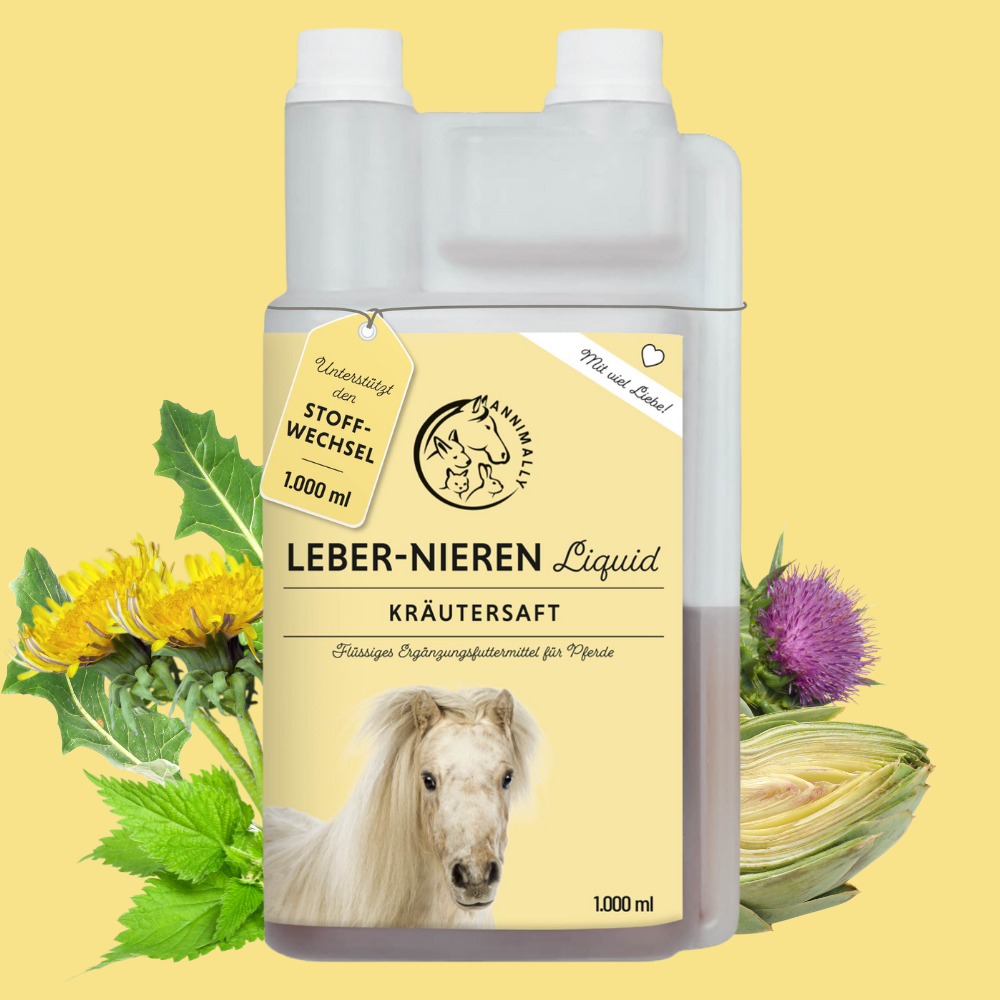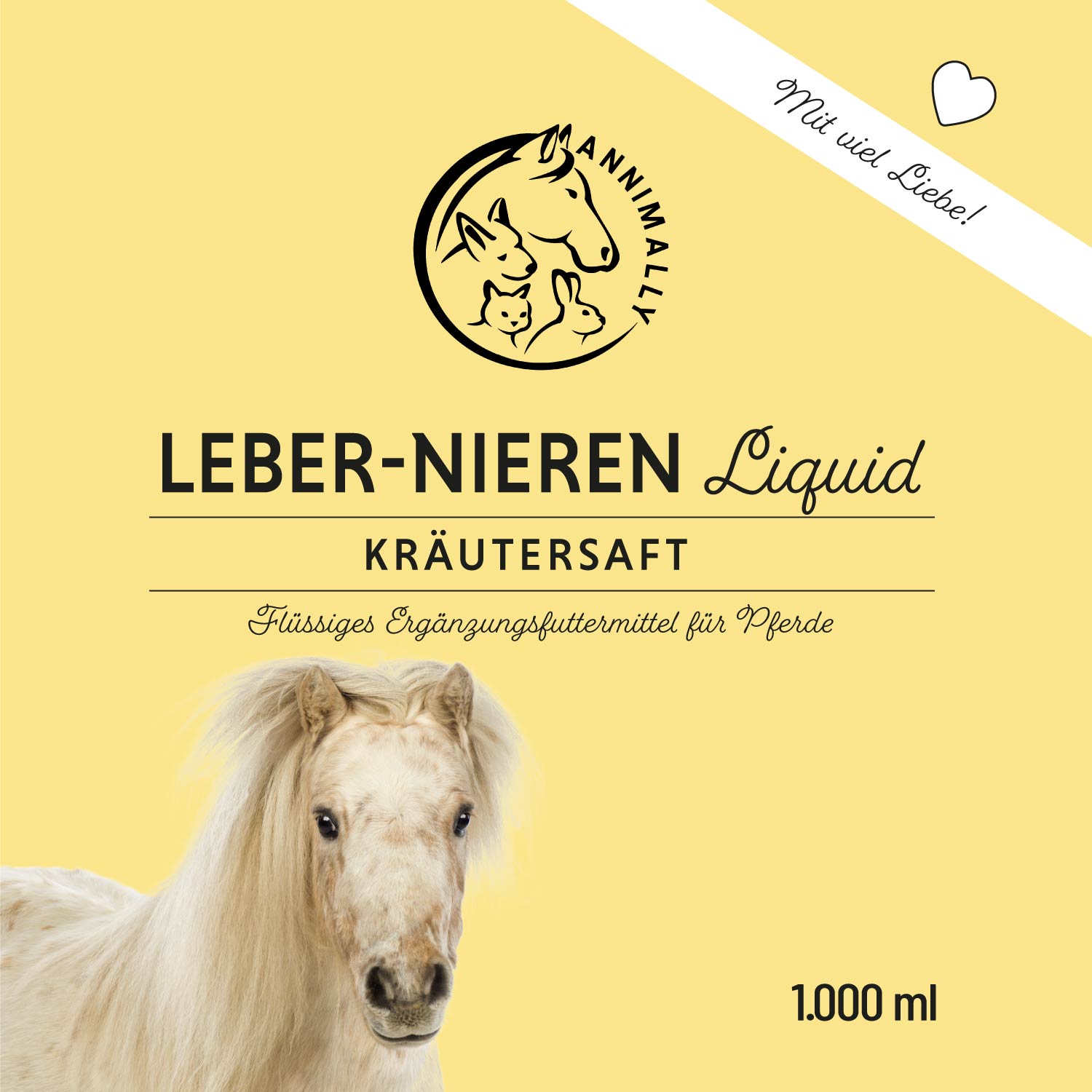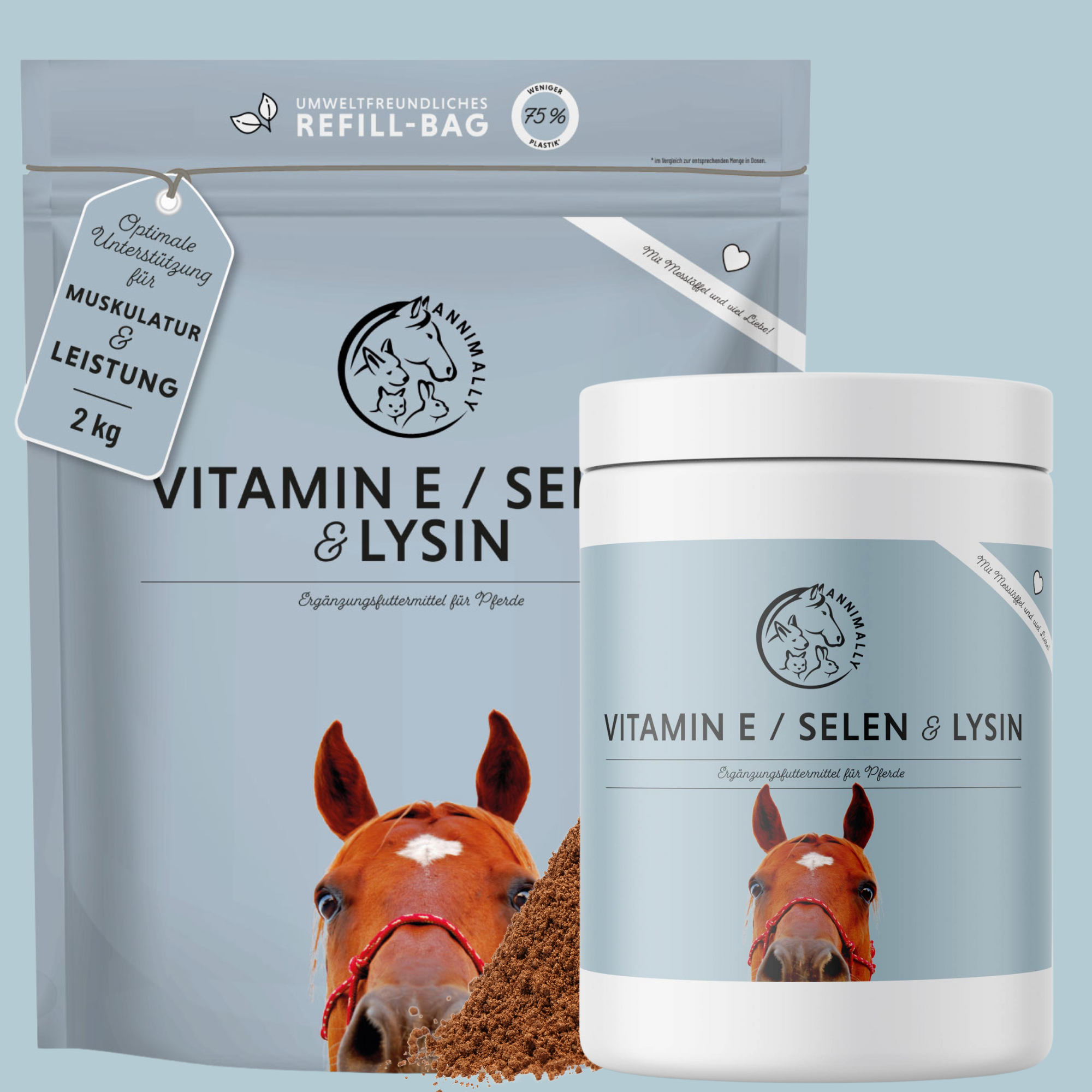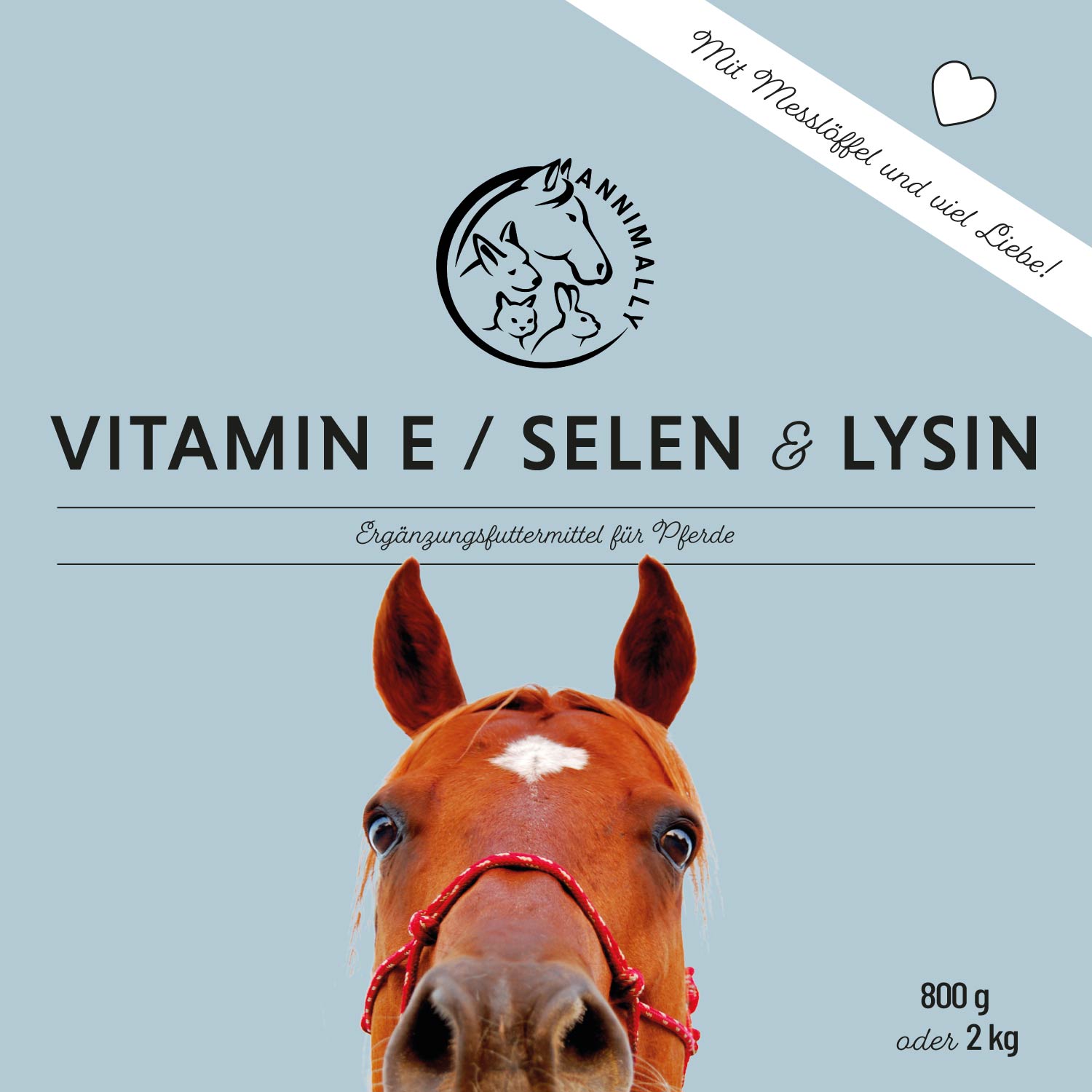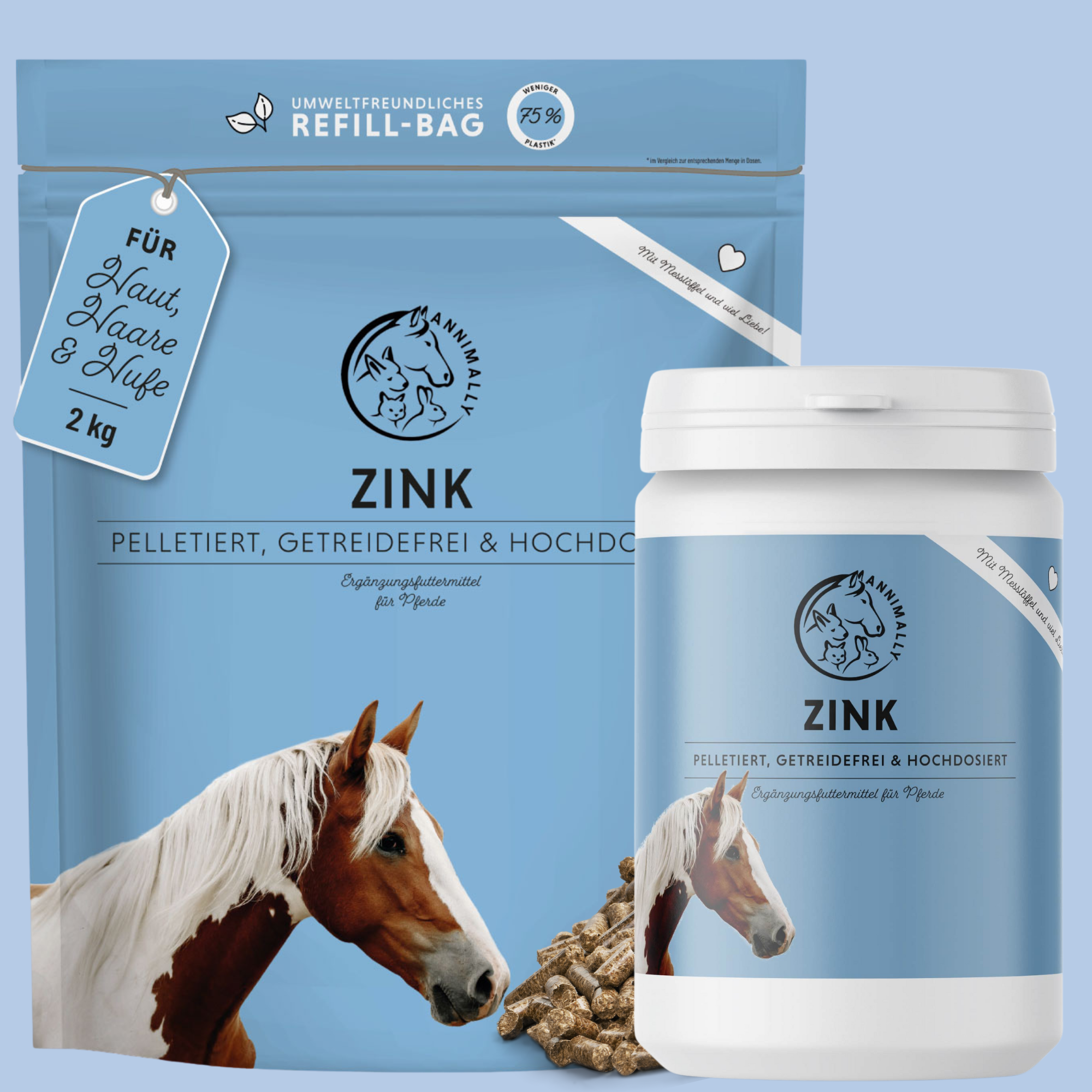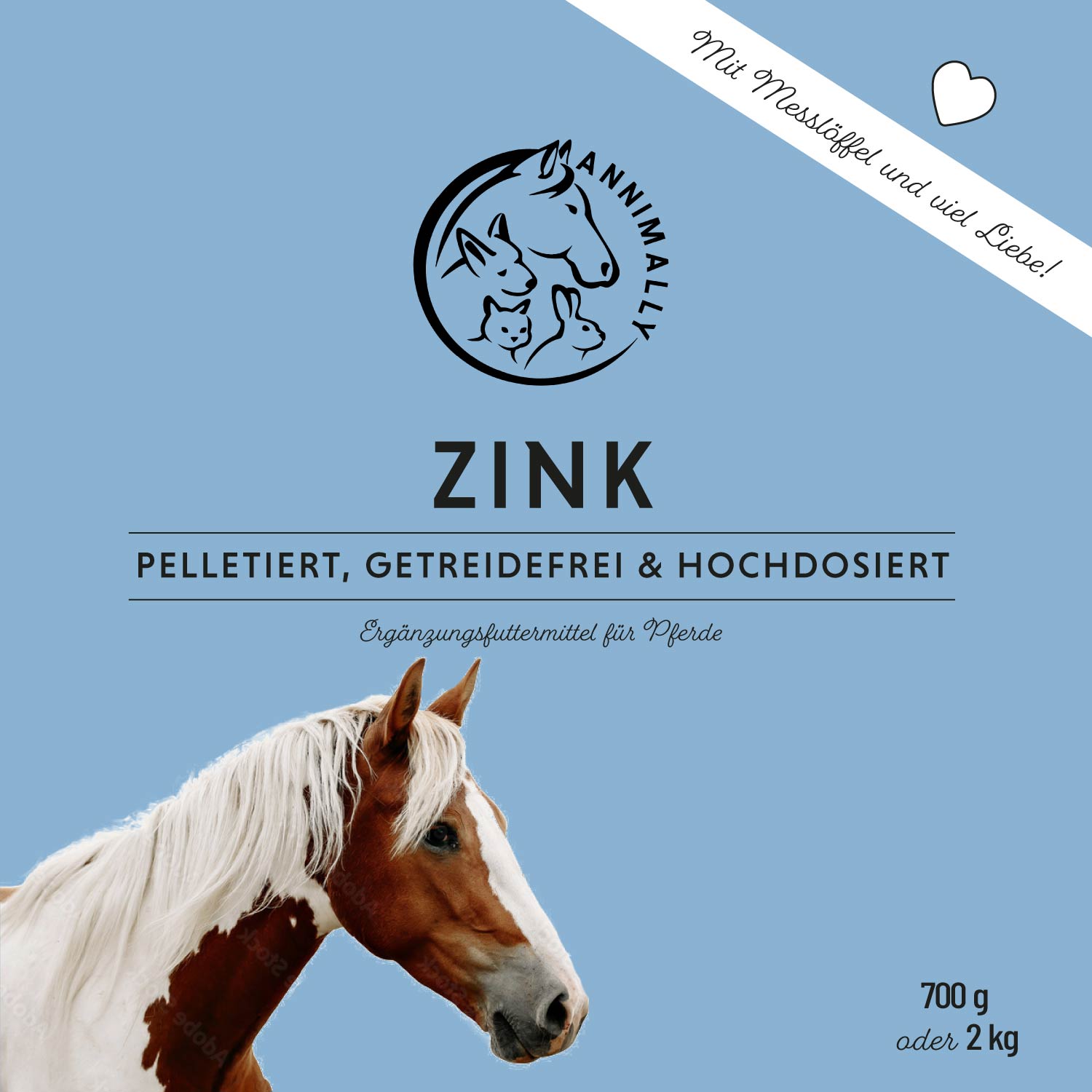Acerola for horses: How the power cherry supports your horse all around
If you care about your horse's health, you know how important a balanced supply of vitamins, minerals, and other vital nutrients is. Acerola cherries, in particular, are becoming increasingly popular in horse feed—and for good reason.
In this article, you will learn everything about the effects of acerola on horses, why it is so valuable for your animal, and how to feed it sensibly.
What is acerola anyway?
The acerola cherry is a small, bright red fruit native to Central and South America. It is particularly known for its extremely high vitamin C content—one of the highest of any known fruit. But that's not all: Acerola contains a variety of micronutrients, including vitamin A, B vitamins, iron, potassium, magnesium, sodium, and many valuable antioxidants.
These natural components make the acerola cherry a true superfood – even for horses.
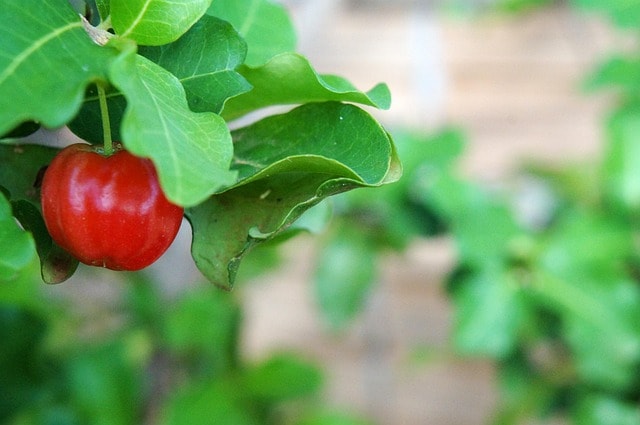
Why is vitamin C so important for horses?
You may be wondering whether your horse even needs supplemental vitamin C, since the horse's body can theoretically synthesize ascorbic acid (the natural form of vitamin C) itself. That's true—but only under optimal conditions.
Stress, illness, intensive training, shedding, or hormonal fluctuations in a mare can severely limit the body's own synthesis. In such situations, a targeted supplementation of vitamin C helps strengthen the immune system and support the entire body.
Acerola for horses: effects and benefits
The effects of acerola on horses are diverse. Here's an overview of how your horse can benefit from supplementing with it:
-
Strengthening the immune system
The antioxidants contained support your horse's immune system by neutralizing free radicals and inhibiting inflammatory processes. -
Support for stress and illness
Especially during periods of increased stress – be it due to transport, competitions, changes in weather or a change in feed – acerola can help maintain balance in your horse's body. -
Promotes coat and skin
Vitamin C is involved in collagen formation, which has a positive effect on the coat, skin and hooves. -
Improve nutrient absorption
Acerola supports the absorption and bioavailability of other vitamins and minerals, such as iron – an essential substance for the formation of red blood cells and oxygen transport. -
Liver relief and detoxification
The natural components of acerola have a positive effect on the function of the liver, the central detoxification organ in the horse's body.
What products containing acerola are available for horses?
There are now a variety of products on the market that contain acerola – whether in the form of powder, juice, liquid, as a component of supplementary feed or in combination with other plant substances such as thyme.
1. Acerola powder
The powder is particularly suitable for daily supplementation with food. It is highly concentrated, easy to dose, and has good bioavailability. Often, a small amount is enough to cover the daily requirement of vitamin C.
2. Liquid acerola products
Liquids or juices containing acerola are ideal for horses that don't like powdered foods. Make sure they don't contain any artificial additives. Make sure the fruit is natural and processed carefully.
3. Supplementary feed with acerola
Many high-quality feed supplements combine acerola with other nutrients, minerals, or herbs to promote your horse's holistic health. Blends with thyme to support the respiratory system or zinc for skin and coat are particularly popular.
How do I dose acerola correctly for horses?
The correct dosage depends on several factors, including body weight, health status, and the feeding objective. For an average horse (approximately 500–600 kg), a daily amount of approximately 2–5 g of acerola powder is recommended, depending on the product concentration.
In cases of acute conditions such as a weakened immune system, diarrhea, or after a deworming treatment, the amount can be increased temporarily. It's best to discuss the dosage with your veterinarian or horse nutrition expert.
Are there any side effects?
Acerola is generally very well tolerated. Since it's a purely natural product, side effects are rare when taken at the correct dosage. However, it's important to choose high-quality products—ideally organic and free of artificial additives.
In very sensitive horses or if the dosage is too high, mild diarrhea may occasionally occur. In such cases, simply reduce the amount and observe your horse's reaction.
Acerola in combination with other vital substances
A major advantage of acerola is its versatility. It can be wonderfully combined with other vitamins, minerals, and herbs. Combinations with:
-
thyme – to support the respiratory system
-
Iron & Copper – to support blood formation
Especially for mares, who often have special nutritional requirements, a targeted combination can work wonders.
Feeding tips: How to do it right
-
Feed slowly : Start with a small amount and increase it slowly.
-
Mix with feed : It is best to mix the acerola powder into the manger feed or mash.
-
Pay attention to freshness : Make sure to store in an airtight container, as vitamin C is sensitive to light and oxygen.
-
Quality over quantity : Choose certified products with natural ingredients.
Conclusion: Acerola is a real support for your horse
Whether you want to support your horse's recovery, strengthen its immune system, or simply promote its long-term health, acerola is an excellent choice. The combination of natural vitamin C, high-quality antioxidants, a variety of micronutrients, and good bioavailability makes the acerola cherry a true all-rounder in horse feeding.
With the right use and high-quality products, you can provide your horse or mare with optimal care – for more vitality, health, and joy of life.
